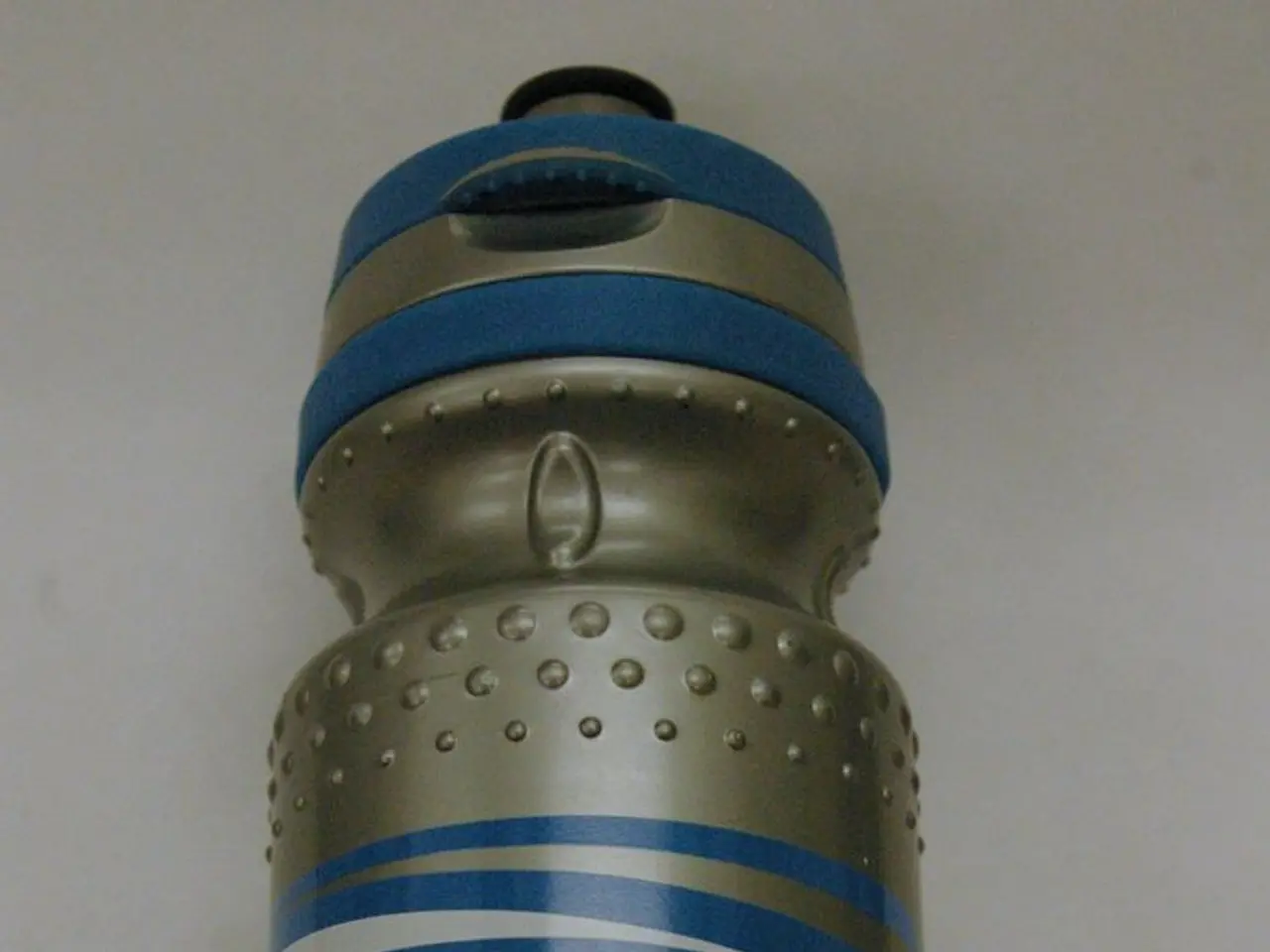Individuals in Russia receiving additional pension points
Russians May Receive Additional Pension Benefits for Socially Significant Periods
Certain Russians may be granted extra individual pension coefficients (IPC) for periods deemed socially important. According to reports, these bonus points are given for childcare and military service, among other scenarios.
For every year spent caring for a child, a woman could receive up to 5.4 IPC. Specifically, 1.8 IPC is granted for the first year of childcare, 3.6 for the second, and 5.4 for each subsequent year, up to the fourth. For instance, a woman caring for four children for a total of 1.5 years would receive a total of 24.3 pension credits.
Similarly, 1.8 IPC is credited for each year of military service. Participation in a special military operation attracts 3.6 IPC for a year, the same as caring for a disabled child, an elderly person above 80 years, or an invalid of the first group.
It was earlier reported that starting from June 1, the fixed part of the insurance pension of Russians who are 80 years old by May will be doubled.
As for the average Russian salary forecast for the end of 2025, experts anticipate a monthly gross salary of approximately 100,000 rubles before taxes, which equates to around 87,000 rubles in net income. The projection is based on a consensus of university experts and market participants interviewed by Izvestia. The salary is expected to increase by approximately 12% from its January 2025 level.
Industries such as mining, IT and communications, scientific and technical activities, finance and insurance, construction, and transportation and storage, already have average salaries exceeding 100,000 rubles per month in 2025. Wages in Moscow and St. Petersburg significantly outpace the national average.
In summary, the expected average Russian salary at the end of 2025 is approximately 100,000 rubles gross per month, reflecting a steady increase across sectors and regions. It's essential to keep in mind that this figure may vary slightly based on the source.
A woman could potentially earn extra pension benefits for each year spent caring for a child, reaching up to 5.4 individual pension coefficients (IPC). Similarly, men may receive 1.8 IPC for each year of military service, with additional benefits for participating in a special military operation or caring for a disabled child or an invalid of the first group. These personal-finance aspects are significant considerations in Russia's social security system.




